BMAX
REX Bitcoin Corporate Treasury
Convertible Bond ETF
Convertible Bond ETF
BMAX Approach:
The game has changed. Corporate treasuries are evolving, and public companies are now using convertible bonds to stack Bitcoin on their balance sheets. BMAX strategically focuses on entities like Strategy (MSTR), a prominent issuer of Bitcoin corporate treasury convertible bonds. This focus allows the fund to leverage the burgeoning market dynamics where digital asset strategies intersect with traditional finance.
How the Strategy Works:

Construct a Bitcoin-Treasury Convertible Bond Portfolio
BMAX invests at least 80% of its net assets in convertible bonds issued by “Bitcoin Corporate Treasury Companies.” These are firms that:
- Hold 15% or more of assets in Bitcoin or Bitcoin-linked instruments
- Derive 15% or more of income from Bitcoin-related activities
- Engage directly in Bitcoin mining
The fund focuses on U.S.-listed public companies, using publicly available data to assess eligibility. BMAX is actively managed and typically holds 10–15 bonds across 5–10 issuers. This may evolve as the opportunity set expands.
>

Focus on Bitcoin Exposure, Not Coupon Income
Most bonds in the portfolio offer zero or near-zero coupon rates. BMAX is not designed for income. Instead, it seeks indirect Bitcoin exposure through the equity optionality in convertible bonds. The strategy avoids direct Bitcoin ownership and does not use derivatives or synthetic instruments.
>

Manage Conversions and Maturities
As bonds convert or mature, the advisor may:
- Hold or sell converted equity based on market conditions
- Reinvest proceeds into new qualifying bonds
- Rebalance in response to changes in the Bitcoin and credit markets
This flexible approach maintains targeted exposure to Bitcoin-linked corporate debt while aiming for total return.

Construct a Bitcoin-Treasury Convertible Bond Portfolio
BMAX invests at least 80% of its net assets in convertible bonds issued by “Bitcoin Corporate Treasury Companies.” These are firms that:
- Hold 15% or more of assets in Bitcoin or Bitcoin-linked instruments
- Derive 15% or more of income from Bitcoin-related activities
- Engage directly in Bitcoin mining
The fund focuses on U.S.-listed public companies, using publicly available data to assess eligibility. BMAX is actively managed and typically holds 10–15 bonds across 5–10 issuers. This may evolve as the opportunity set expands.
-

Focus on Bitcoin Exposure, Not Coupon Income
Most bonds in the portfolio offer zero or near-zero coupon rates. BMAX is not designed for income. Instead, it seeks indirect Bitcoin exposure through the equity optionality in convertible bonds. The strategy avoids direct Bitcoin ownership and does not use derivatives or synthetic instruments.
-

Manage Conversions and Maturities
As bonds convert or mature, the advisor may:
- Hold or sell converted equity based on market conditions
- Reinvest proceeds into new qualifying bonds
- Rebalance in response to changes in the Bitcoin and credit markets
This flexible approach maintains targeted exposure to Bitcoin-linked corporate debt while aiming for total return.
BMAX Objective:
REX Bitcoin Corporate Treasury Convertible Bond ETF’s (the “Fund”) investment objective is to provide total return through investments in convertible bonds issued by companies that hold bitcoin in their corporate treasury.
Investing in BMAX is not equivalent to investing directly in Bitcoin.
BMAX Materials:
The fund’s Total Annual Fund Operating Expenses is 1.14%, which includes a management fee of 0.85% and estimated current and deferred income tax expenses of 0.29%. These expenses cover the costs associated with fund management and operations as detailed in the fund’s prospectus. Investors should review the prospectus for a complete understanding of all fees and expenses.
Median 30 Day Spread is a calculation of Fund's median bid-ask spread, expressed as a percentage rounded to the nearest hundredth, computed by: identifying the Fund's national best bid and national best offer as of the end of each 10 second interval during each trading day of the last 30 calendar days; dividing the difference between each such bid and offer by the midpoint of the national best bid and national best offer; and identifying the median of those values.
BMAX Features:
Unlocking Convertible Bonds used to buy Bitcoin:
BMAX unlocks a market typically out of reach for retail investors, providing exposure to convertible bonds issued by companies to purchase Bitcoin for their treasury.
Indirect, Hedged Bitcoin Exposure:
BMAX provides exposure to Bitcoin-linked companies through convertible debt — not spot Bitcoin or derivatives. Most bonds in the portfolio offer zero or near-zero coupon rates, so the strategy is not driven by income, but by equity optionality tied to Bitcoin-sensitive issuers.
Broad, Simplified Exposure in One ETF:
BMAX consolidates multiple convertible bond issuances, making it easy to invest in companies leveraging this strategy—all within a single, actively managed fund.
Simple.
Powerful.
Strategic.
Powerful.
Strategic.
FAQ
Convertible bonds are hybrid securities that offer interest payments and the potential for equity upside. The convertible bonds seek to offer interest yields during the bond's life, with an option to convert into stock if the issuing company's share price exceeds a set conversion threshold at maturity. This dual benefit structure makes convertible bonds a dynamic play offering slight exposure into Bitcoin while maintaining a foothold in traditional securities.
No, BMAX invests in convertible bonds from companies that use Bitcoin in their corporate treasuries, offering a structured way to participate in Bitcoin’s adoption.
BMAX gives you a different kind of Bitcoin exposure. Instead of holding Bitcoin directly like a spot Bitcoin ETF, BMAX invests in convertible bonds from companies that own Bitcoin, such as MicroStrategy. These bonds act like a blend between a traditional bond and a stock.
Here’s how BMAX stands out:
-
- Upside potential: If the company’s stock rises due to Bitcoin, the bond can convert into shares and capture some of that growth
- No wallets or crypto exchanges: You get exposure through a regular ETF in your brokerage account
If you’re looking for a way to participate in Bitcoin’s long-term growth without taking on all the risk, we believe BMAX offers a smarter, more balanced path.
- Upside potential: If the company’s stock rises due to Bitcoin, the bond can convert into shares and capture some of that growth
- No wallets or crypto exchanges: You get exposure through a regular ETF in your brokerage account
BMAX may be a good fit for investors who want to tap into Bitcoin’s long-term potential—but with a more balanced, risk-aware approach. It’s designed for people who:
- Want exposure to companies investing in Bitcoin, without holding crypto directly
- Prefer less day-to-day volatility than owning Bitcoin or mining stocks
- Like the structure of a regulated ETF that trades in a regular brokerage account
- Are looking for a way to diversify their portfolio with digital asset themes
If you’re curious about Bitcoin but want a smarter, more strategic way to participate, BMAX could be a good starting point.
Companies issue convertible bonds to accumulate Bitcoin because it offers a low-cost, shareholder-friendly way to strengthen their balance sheets while avoiding the pitfalls of traditional financing. This strategy allows them to:
- Raise capital at little to no interest cost – Investors accept lower interest rates in exchange for the potential to convert bonds into stock.
- Use Bitcoin as a strategic reserve asset – Unlike cash, Bitcoin is globally liquid, 24/7 tradeable, and historically a strong store of value.
Companies like Strategy (MSTR) have raised billions through this method, leveraging Bitcoin as a long-term treasury asset while preserving financial flexibility. BMAX allows investors to tap into this powerful strategy in a single, actively managed ETF.
Convertible bonds are typically issued in large institutional-sized offerings, making them difficult for individual investors to access. BMAX simplifies this process by offering diversified exposure to multiple issuances of these convertible bonds in a single ETF, eliminating the need to source and manage individual bond investments.
Yes, BMAX seeks to pay quarterly dividends from interest income and bond gains. However, they are expected to be minimal as most of the convertible bonds issued by the bond issuers currently pay zero or near zero interest rates.
Distribution Calendar:
Distribution Per ShareDeclaration DateEX DateRecord DatePayable12/29/202612/30/202612/30/202612/31/202609/28/202609/29/202609/29/202609/30/202606/26/202606/29/202606/29/202606/30/202603/27/202603/30/202603/30/202603/31/202612/29/202512/30/202512/30/202512/31/202509/26/202509/29/202509/29/202509/30/202506/26/202506/27/202506/27/202506/30/2025
BMAX Holdings:
The Fund, under normal market conditions, will invest at least 80% of its net assets (plus any borrowings for investment purposes) in convertible bonds issued by companies that hold bitcoin in their corporate treasury (“Bitcoin Corporate Treasury Companies”). The Fund is an actively managed exchange-traded fund (“ETF”) that seeks to provide total return through investments in convertible bonds issued by Bitcoin Corporate Treasury Companies. The Fund’s 80% policy is non-fundamental and may be changed without shareholder approval, but shareholders will be given at least 60 days’ advance notice of any change to the Fund’s 80% policy.
The Fund may invest up to 20% of its assets in equity securities issued by Bitcoin Corporate Treasury Companies. Such investments may arise as a result of the Fund’s convertible bond positions converting into common shares or the Fund may purchase such securities directly in the secondary market. All Fund purchases of securities issued by Bitcoin Corporate Treasury Companies (including both debt and equity securities) will be made in the secondary market at prevailing market rates. The Fund will not purchase debt or equity securities issued in primary offerings.

Fund holdings are subject to change.
BMAX Converts Data:
| Issuing Convert | Issue Date | Maturity | Put Date | Coupon | Bitcoin Price** | Conversion Price | Reference Price |
|---|---|---|---|---|---|---|---|
| GME Convert 2028 | 4/1/2025 | 4/1/2030 | 4/6/2028 | 0.000% | $85,030 | $29.85 | $21.71 |
| DJT Convert 2028 | 5/29/2025 | 5/29/2028 | Unavailable | 0.000% | $105,872 | $34.72 | $25.72 |
| MSTR Convert 2028 | 9/19/2024 | 9/14/2028 | 9/15/2027 | 0.625% | $60,100 | $183.00 | $130.85 |
| MSTR Convert 2029 | 11/21/2024 | 12/1/2029 | 6/1/2028 | 0.000% | $92,300 | $672.40 | $433.80 |
| MSTR Convert 2030 A | 3/8/2024 | 3/15/2030 | 9/15/2028 | 0.625% | $64,100 | $149.77 | $105.10 |
| MSTR Convert 2030 B | 2/21/2025 | 3/1/2030 | 3/1/2028 | 0.000% | $96,200 | $433.43 | $321.05 |
| MSTR Convert 2031 | 3/18/2024 | 3/15/2031 | 9/15/2028 | 0.875% | $70,500 | $232.72 | $166.22 |
| MSTR Convert 2032 | 6/17/2024 | 6/15/2032 | 6/15/2029 | 2.250% | $66,700 | $204.33 | $151.35 |
| MARA Convert Mar 2030 | 11/20/2024 | 3/1/2030 | 12/1/2027 | 0.000% | $91,579*** | $25.91 | $18.18 |
| MARA Convert Jun 2031 | 12/4/2024 | 6/1/2031 | 6/4/2027 | 0.000% | $95,699*** | $34.58 | $24.70 |
| Riot Convert Jan 2030 | 12/11/2024 | 1/15/2030 | 7/15/2029 | 0.750% | $96,226*** | $14.86 | $11.22 |
| MARA Convert Sep 2031 | 8/14/2024 | 9/1/2031 | 3/1/2029 | 2.125% | $59,053*** | $18.89 | Unavailable |
As of 6/10/2025
*Price: The price quoted is related to the current price based on holdings table on the website.
**Bitcoin Price: Based on Bitcoin price @ 4pm ET of issuance date.
***Estimated Bitcoin value not publicly disclosed.
BMAX Performance:
The performance data quoted represents past performance. Past performance does not guarantee future results. The investment return and principal value of an investment will fluctuate so that an investor's shares, when sold or redeemed, may be worth more or less than their original cost and current performance may be lower or higher than the performance quoted. Performance current to the most recent month-end can be obtained by calling 1-844-802-4004. Short term performance, in particular, is not a good indication of the fund's future performance, and an investment should not be made based solely on returns.
Market Price: The current price at which shares are bought and sold. Market returns are based upon the last trade price.
NAV: The dollar value of a single share, based on the value of the underlying assets of the fund minus its liabilities, divided by the number of shares outstanding. Calculated at the end of each business day.
Regulatory Documents:
Get in Touch
REX Bitcoin Corporate Treasury Convertible Bond ETF is brought to you by REX Shares – an innovative ETP provider that specializes in alternative-strategy ETFs and ETNs. The firm created the MicroSectors™ and co-created the T-REX product lines of leveraged and inverse tools for traders and recently launched a series of option-based income strategies. The firm is rooted in decades of experience building inventive solutions that solve for a range of specific challenges in investor and trader portfolios.
Schedule a time to talk to a team member or submit a form.
"*" indicates required fields

